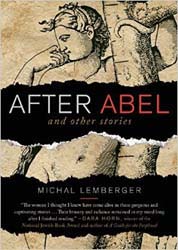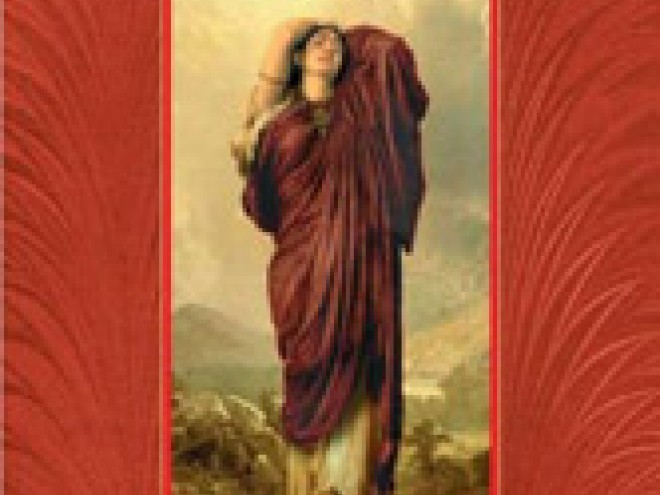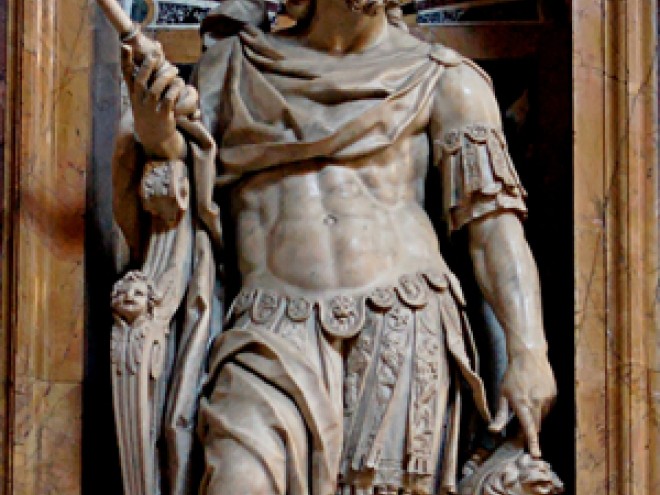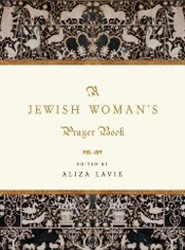Michal Lemberger is the author of the book After Abel and Other Stories. She will be blogging here all week for Jewish Book Council’s Visiting Scribe series.
 Lot’s Wife. She’s a fascinating character. So many theologians, poets, writers, and artists have been drawn to this mysterious figure. What does it mean to turn back? Why was she turned into a pillar of salt? Was the pull of home just too powerful to resist a last glance? Did she show too much attachment to the past? Was she punished for giving into a voyeuristic urge to see others suffer?
Lot’s Wife. She’s a fascinating character. So many theologians, poets, writers, and artists have been drawn to this mysterious figure. What does it mean to turn back? Why was she turned into a pillar of salt? Was the pull of home just too powerful to resist a last glance? Did she show too much attachment to the past? Was she punished for giving into a voyeuristic urge to see others suffer?
I thought about her for decades, beginning in Jewish Day School, then in college, where I studied English and Religion, and into graduate school, when I wrote a dissertation about how twentieth-century American poets interpreted the first three chapters of Genesis. I wanted to include her, but Lot’s wife didn’t fit. I guess she had lodged herself into my mind and stayed there, though, waiting patiently for the moment to make her presence felt again. And when she did, I realized that it wasn’t the woman-as-pillar-of-salt that drew me to her. It was what came before. If all we focus on is what happens to her at the end, we lose sight of the life she may have lived up until her dramatic, terrible transformation.
Who was she? What was her name? We could ask these questions about so many of the women who walk through the Bible’s pages. Many of them aren’t even named, because too often a woman’s presence in a story is important or worth noting only because of her connection to a man. Her husband, her father, her brother may each be a main player, but she usually stays in the background.
We are all the heroes of the stories of our own lives, but the women of the Bible aren’t given the chance to play those roles. (That’s even true of some of the women — like Yael or Hagar — who do get to play active roles; their stories often advance the interests of others.) The questions that my book, After Abel, attempts to answer are: what are their stories? How would they think? What would they say if we gave them a chance to speak? What would be important to them — would it be the same as what the men value? Or would there be a shadow world, one that exists next to the officially sanctioned account, in which the details of inheritance or war don’t preoccupy their minds, but would instead be filled with the smell of food, the feel of a newborn’s skin, and the close ties of family and friendship that hold communities together?
It all started with Lot’s Wife, who lived a whole, nameless life before turning into a pillar of salt.
Michal Lemberger’s nonfiction and journalism have appeared in Slate, Salon, Tablet, and other publications, and her poetry has been published in a number of print and online journals. She holds a BA in English and religion from Barnard College and a MA and PhD in English from UCLA, and she has taught the Bible as literature at UCLA and the American Jewish University. Michal lives in Los Angeles with her husband and daughters. Learn more at michallemberger.com.
Related Content:
- Reading List: Bible & Biblically Inspired Stories
- A Bride for One Night: Talmud Tales by Ruth Calderon
- Debra Brand: Arise! Arise! The Values We Live By
Michal Lemberger holds a BA in English and Religion from Barnard College and a MA and PhD in English from UCLA. Her nonfiction and journalism have appeared in Slate, Salon, Tablet, Lilith Magazine, and others; her poetry has been published in a number of print and online journals, including The Bellevue Literary Review and The Rattling Wall.



